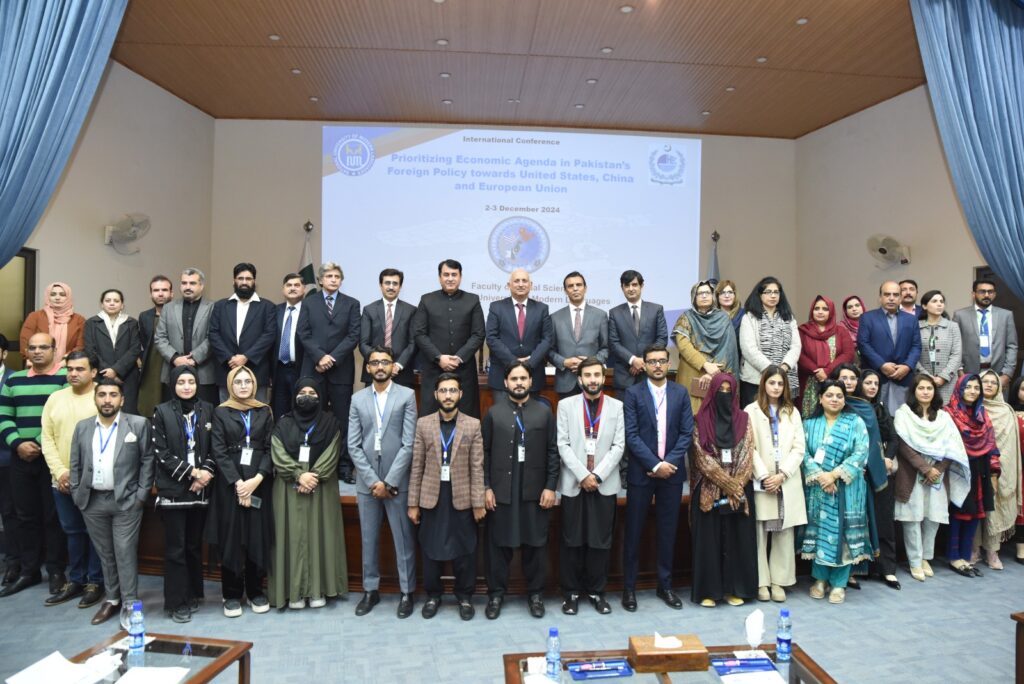By Anwar Zaheer Rahbar
The 29th United Nations Climate Change Conference took place in Azerbaijan’s capital, Baku, from November 11 to November 23, 2024. Delegates at the climate summit in Azerbaijan engaged in discussions and negotiations for more than two weeks. After extensive deliberations, an agreement was finally reached late at night, but many participants remained disappointed. What exactly was decided, and how significant was it?
The global climate conference in Baku concluded on the night of November 24, 2024, over 30 hours behind schedule. Approximately 40,000 participants from nearly 200 countries registered for the event, including heads of state and government, representatives from NGOs, scientists, industry experts, energy sector professionals, and journalists. Delegates debated over a decision until the very end.
Negotiation rooms and corridors of the Olympic Stadium in Baku facilitated attempts at compromise, focusing extensively on various issues. The primary focus was financial support to help developing nations cope with the impacts of the climate crisis. A decision was made to significantly increase funding. The current annual amount of $100 billion is expected to rise to at least $300 billion by 2035. This additional funding is primarily expected to come from wealthy industrialized countries and should be spent on energy transitions and alternative energy solutions.
Despite the tripling of the financial target, it falls far short of the demands of affected nations, which had called for more than $1 trillion, particularly with high levels of subsidies. However, they ultimately had to agree to $300 billion. This additional amount will not be sourced solely from public tax revenues but will also involve mobilizing private investors.
The European Union and other industrialized nations wanted countries with high greenhouse gas emissions, such as China and Gulf states like Saudi Arabia, whose wealth largely depends on oil and gas exports, to bear responsibility as well. According to the UN in the 1990s, these nations were still classified as “developing countries.” The EU proposed reclassifying them as developed countries and demanded that they contribute to this additional funding. However, the resolution adopted was more of a compromise. In the future, all funds raised through multilateral development banks for climate projects will be collectively accounted for. For instance, contributions from China will also be considered. Additionally, countries that have not traditionally been donors can voluntarily participate in bilateral climate projects. This decision does not impact the current allocation of funds.
Even before the conference began, it was evident that significant progress in climate protection would be unlikely in Baku, as much of the focus was on financial matters. Perhaps this is why states failed to agree on further measures to reduce climate-damaging greenhouse gas emissions. The decision on this matter had to be postponed because countries like Chile, Maldives, and Switzerland found the draft resolution overly neutral. Observers noted that Saudi Arabia, in particular, attempted to undermine the current agreement on phasing out fossil fuels. However, no significant breakthrough was achieved.
States also reached a consensus on emission trading regulations. This primarily concerns companies or states compensating for greenhouse gas emissions through environmental protection projects in other countries. Nations affected by extreme weather events such as storms, droughts, or floods can soon hope for assistance, as the announcement of a fund for climate-related losses was made in Baku. Initial projects could potentially receive financial support next year. This fund, housed within the World Bank, was agreed upon in 2022. According to conference leadership, the amount pledged to date exceeds $730 million, which is only a fraction of the funds needed by affected countries.




